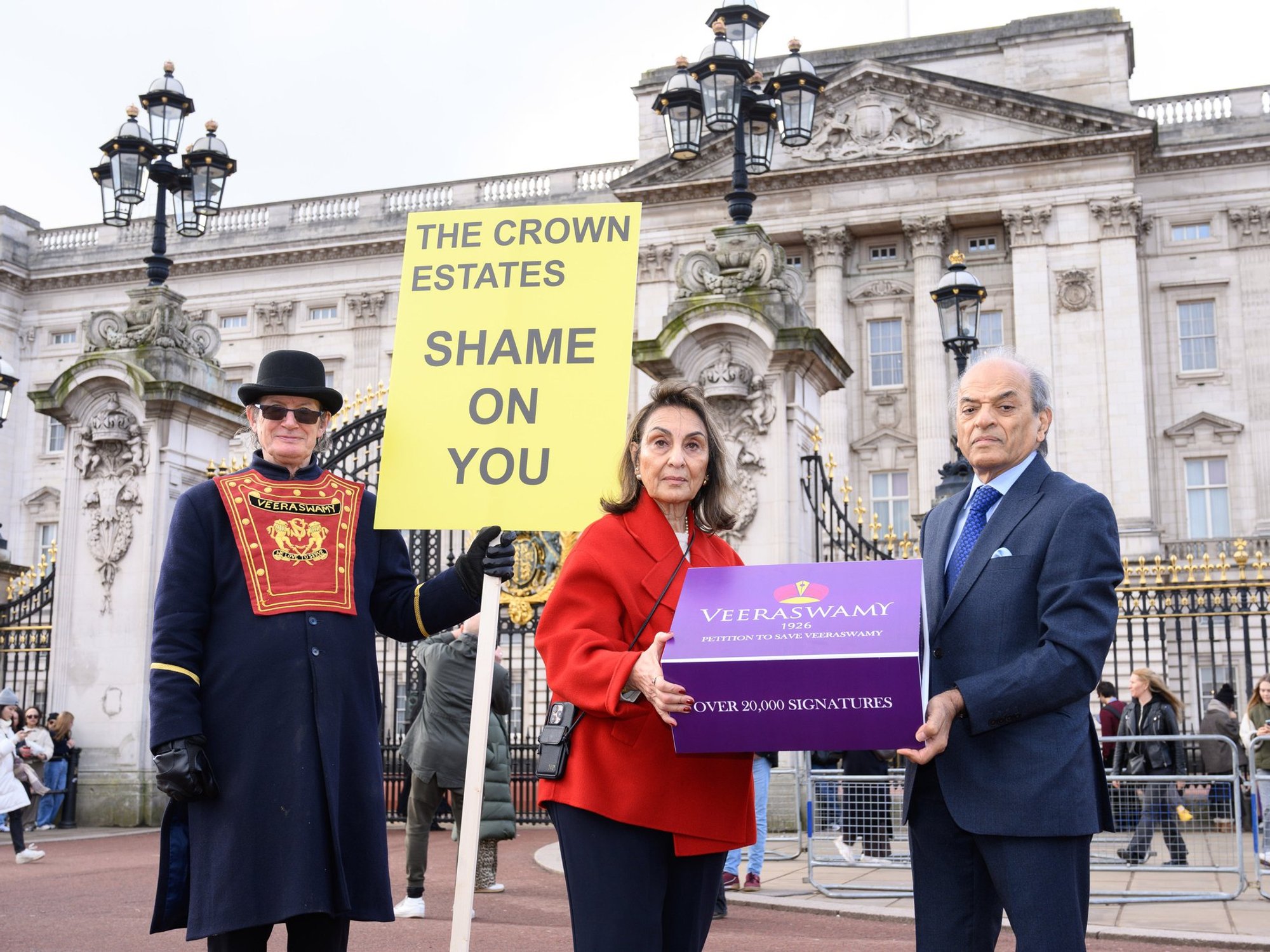'My late wife paid into the system for 39 years and claimed state pension for nine months. Would I be able to claim her Waspi compensation?'

Jasmine Birtles answers questions from GB News members in the exclusive pensions and retirement Q&A
| JASMINE BIRTLES | GETTYMoney expert Jasmine Birtles looks at the Waspi women's campaign for compensation in this week's pensions and retirement Q&A
Don't Miss
Most Read
Have you got a pensions and retirement question you'd like Jasmine to answer? Get in touch by emailing money@gbnews.uk.
Question: "My wife, who was born in 1957, paid into the system for 39 years. She died after claiming her pension for only nine months.
"Would her spouse to whom she was married for 42 years be entitled to claim her WASPI compensation or do the government give a big sigh of relief that they have one more less to pay?"
This is a good question and one that will affect quite a lot of readers.
I put it to Sir Steve Webb, the former Pensions Minister, who is now partner at Lane Clark and Peacock (LCP), as he has been campaigning for compensation for women who have lost out on pension payments.

A widower has asked whether he would likely be entitled to his late wife's compensation, should any be paid to WASPI women
|PA
He gave me this information: “The short answer is that it will be up to the government how (and if) they decide to set up the scheme.
“If we were simply talking about an Ombudsman finding and recommendation that compensation be paid and someone perhaps died before the recommendation had been implemented it would be surprising if the compensation didn’t have to be paid in any case but now to the estate.
“With the WASPI situation, it’s different in that the Government will read the Ombudsman report and then makes its own decision on what compensation – if any – it deems appropriate.
"The Ombudsman doesn’t actually set out a very specific scheme, so what will matter will be how the government designs it. If it takes a law to implement (as I presume it would) then the law will have to state what happens if the person who would otherwise have benefited has died.
Do you have a money story you'd like to share? Get in touch by emailing money@gbnews.uk.
MORE FROM GBN MEMBERSHIP:
- 'I pay tax on my pension income and am due state pension next year. Is paying even more tax inevitable?'
- 'Can I claim Carer's Allowance if I get the state pension and have a small private pension?'
- 'I want to retire overseas - can be pension still be paid into a UK bank?'
“My best guess is that in decreasing order of likelihood:
- The government will simply say that having carefully considered the Ombudsman’s report, they fundamentally disagree and don’t believe that compensation is needed;
- They will grudgingly agree that a very specific and small number of people may have suffered through lack of information (eg people whose pension age was put back a lot, who made irreversible decisions on the basis of wrong information and can demonstrate that they lost out as a result – eg retired early and then couldn’t get their old job back), and set up a very limited hardship scheme with a complex application process and case-by-case applications;
- [less likely] They will come up with a modest amount per head, perhaps excluding people who had the most notice and/or the least increase in their pension age; I suspect any payments under such a scheme would be inheritable;”
So it is worth hanging in there and keeping the pressure up on the Department of Work and Pensions for compensation. You might not get it but it’s worth a try.










